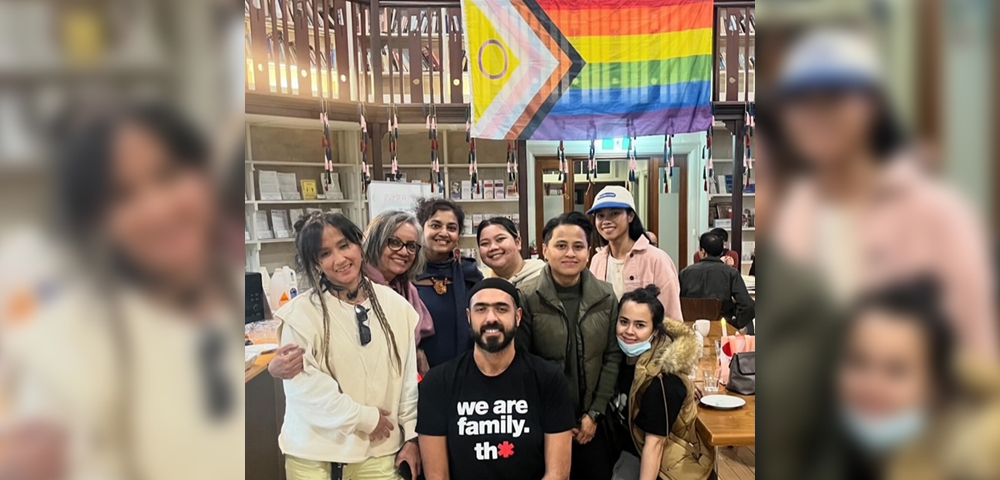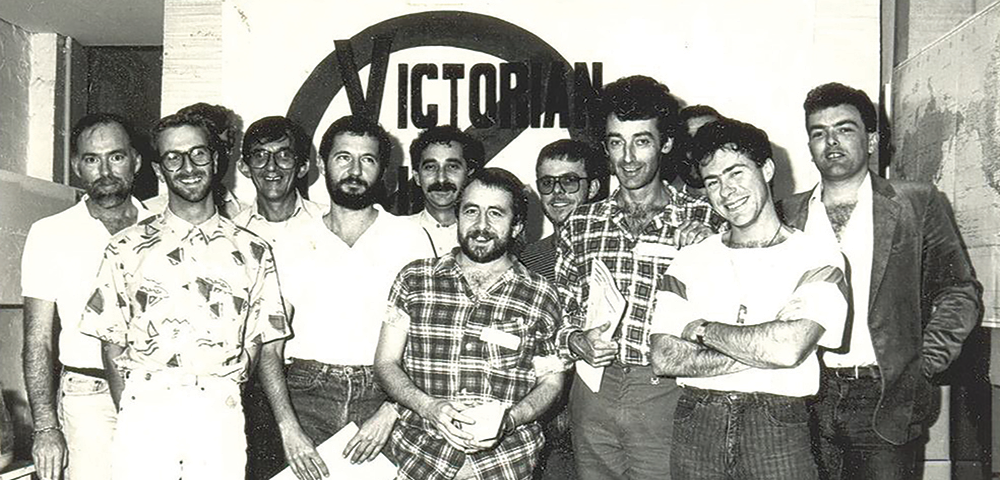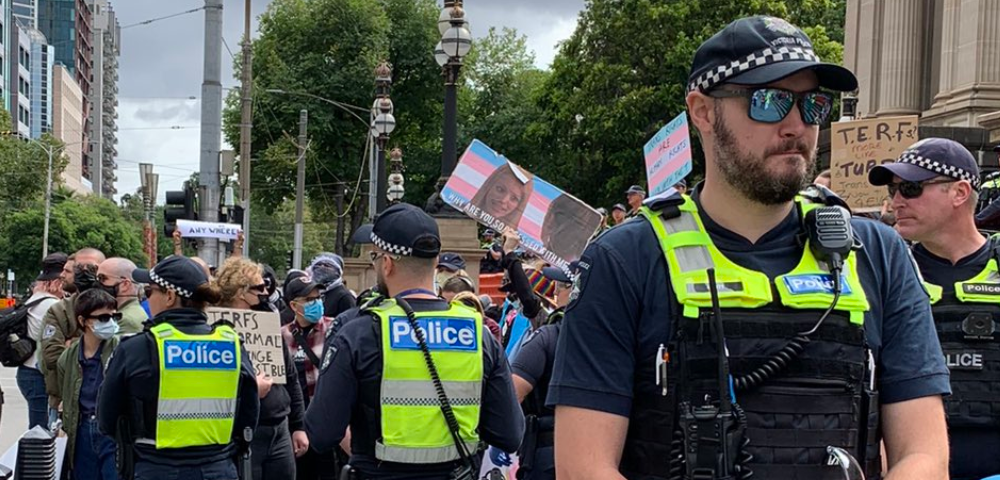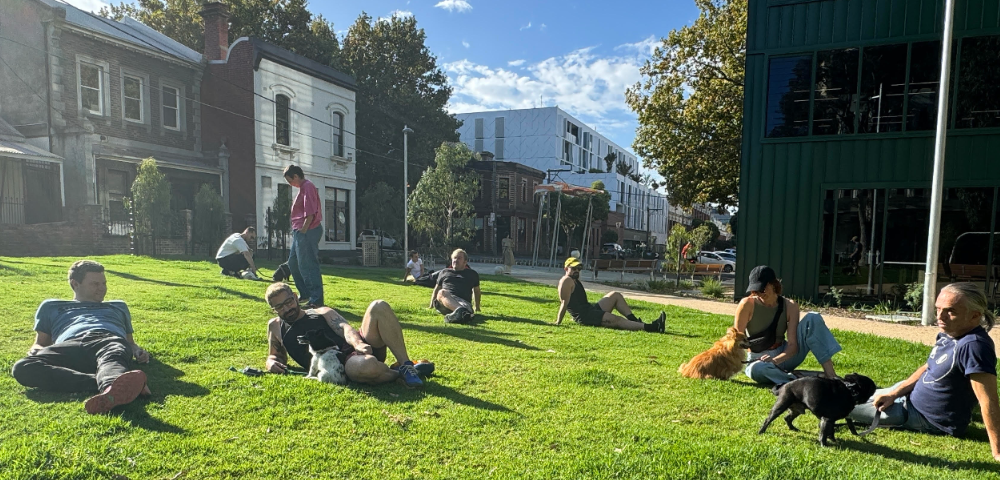
Greens: no deal for marriage
By Andrew M. Potts
Greens senator Sarah Hanson-Young has told Southern Star her party would not be prepared to compromise on another issue to see same-sex marriage legalised in Australia — even if they gained an outright balance of power at the next election.
“We’re not into horse trading … between one issue versus another. That’s not how the Parliament works,” Hanson-Young said.
“That’s not how you deliver good policy outcomes.”
Hanson-Young confirmed that view in a recent interview.
“Our support for marriage equality is not in doubt, however, it would be irresponsible to hold the Senate to ransom on another issue in order to secure support for our policy.
“The Greens are a party that represents all Australians — it would be irresponsible to sell out one constituency to curry favour from another.”
Instead, marriage equality will have to wait until the number of supporters across parties in both Houses constitute a majority and their leaders allow a conscience vote — or until the Greens can win a federal election.
During the vote on the Marriage Equality (Amendment) Bill, the Greens’ five senators voted in favour of same-sex-marriage, while 26 other senators were absent from the chamber.
Some were likely to have been avoiding a vote against same-sex marriage, but others had known commitments.
Marriage equality would need 39 votes to pass in the Senate.
It would need 76 votes to pass the House of Representatives where only Labor’s Peter Garrett has voiced support for same-sex marriage, and he has been silent on the issue since 2006.
Hanson-Young plans to bring back a bill to amend the Marriage Act in the first session of the next Parliament. In the meantime she urges same-sex marriage equality supporters to vote Green.
“If people want to see a change, they need to vote for the party that represents their views on that matter,” she said.
Australian Democrats president Julia Melland told Southern Star that being on the cross-benches was about negotiation, and that she would like to see the Greens do more of that in the Senate.
“It’s about trying to find the best path through any kind of disagreement or mismatch of ideas,” Melland said.
“It’s not about obstructionism. It’s about trying to bring parties together to find a way through. I would have thought that’s what voters would expect — that people would be working towards a solution, not setting up more boundaries.”
Melland said marriage equality was a high priority for the Democrats because it was about fundamental human rights.
In 2006, the Democrats were the first party to introduce a bill to legalise same-sex marriage in Australia.









